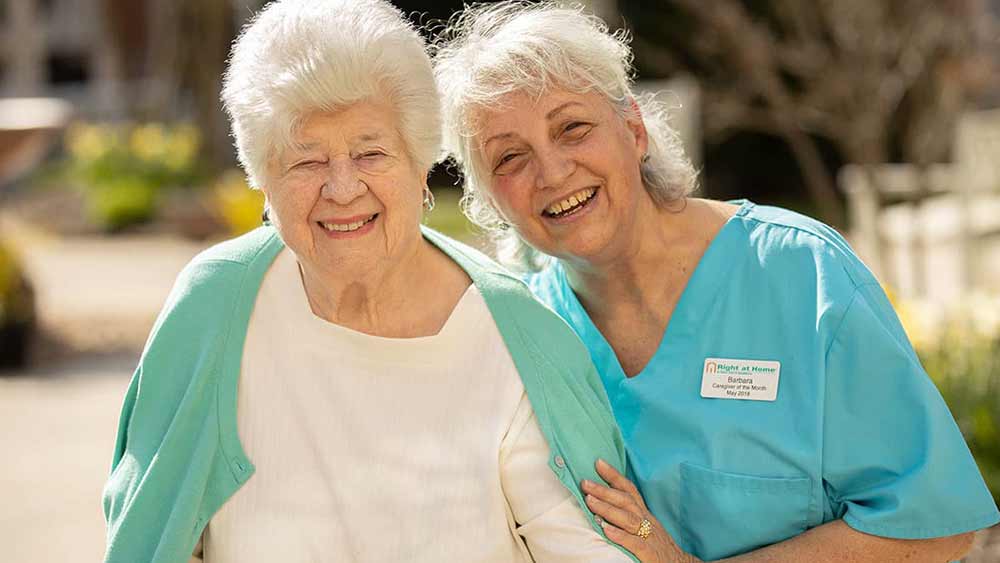

4 Ways to Fight Bone Loss as You Age
Make no bones about it: Focusing on bone health is incredibly important as we age.
Losing bone mass is a natural part of aging, especially for women who are post-menopausal. Data released by the Centers for Disease Control and Prevention in March 2021 found that “an estimated 10.2 million people aged 50 and over had osteoporosis and about 43.3 million more people had low bone mass.” That amounts to a whopping 53.5 million Americans who are experiencing bone health issues.
Although osteoporosis does not impact a huge percentage of the population, it does happen to be the most commonly diagnosed bone disease. And even without an osteoporosis diagnosis, the loss of bone mass can be devastating to your body as you age, increasing the risk of breaking bones and hips. In order to combat the loss of bone density, there are a few lifestyle changes that you can make:
Increase Your Vitamin D Intake
Although bone health is usually attributed to calcium intake, you need vitamin D, which is actually a hormone, to help with calcium absorption. Without vitamin D, your body cannot hold on to enough calcium to fortify your bones. Vitamin D can be naturally occurring within the body as a direct response to sun exposure, but it also can enter the body through food or supplements. Vitamin D can be found in leafy greens, broccoli and salmon; however, experts agree that the ideal way to maintain optimal vitamin D levels is to ingest it as a nutritional supplement.
Do Regular Weight-Bearing Exercises
Want to build stronger bones? Start lifting weights! Adding weight-bearing exercises into your fitness routine can help fortify healthy bones. Strength training can help improve everyday activities like lifting grocery bags or getting up out of bed without assistance, as well as prevent age-related falls and injuries. If weights are a challenge, you can use your own body weight to help improve your strength through exercises like push-ups, arm circles, squats and planks.
Add Plenty of Protein and Calcium-Rich Foods to Your Diet
The International Osteoporosis Foundation notes that protein plays an integral role in bone health for seniors. A higher protein intake is associated with a higher bone mineral density in seniors, along with “a slower rate of bone loss, and reduced risk of hip fracture, provided that dietary calcium intakes are adequate.” Additionally, increasing your intake of calcium-rich foods, such as cheese, yogurt, sardines and nuts, will improve your bone health.
Quit Smoking
When it comes to health advice, quitting a smoking habit always makes the list. WebMD cites research that has found a direct correlation between smoking cigarettes and loss of bone density. There are a wide variety of factors that result in this negative relationship between smoking and bone health, including the generation of free radicals that erode many systems within the body, the disruption of hormone production, and poor oxygen supply.
Although there will be some natural bone density loss with age, with the right preventive measures, you can keep your bones healthy and strong throughout your lifetime.







